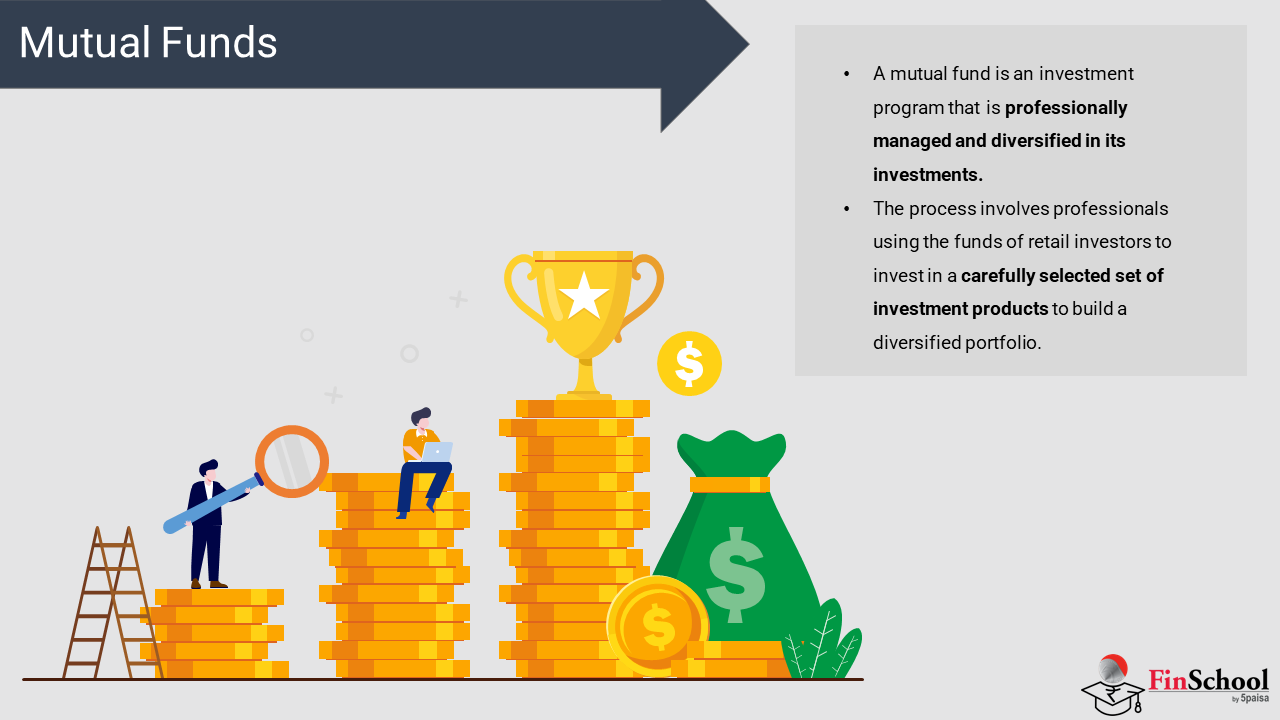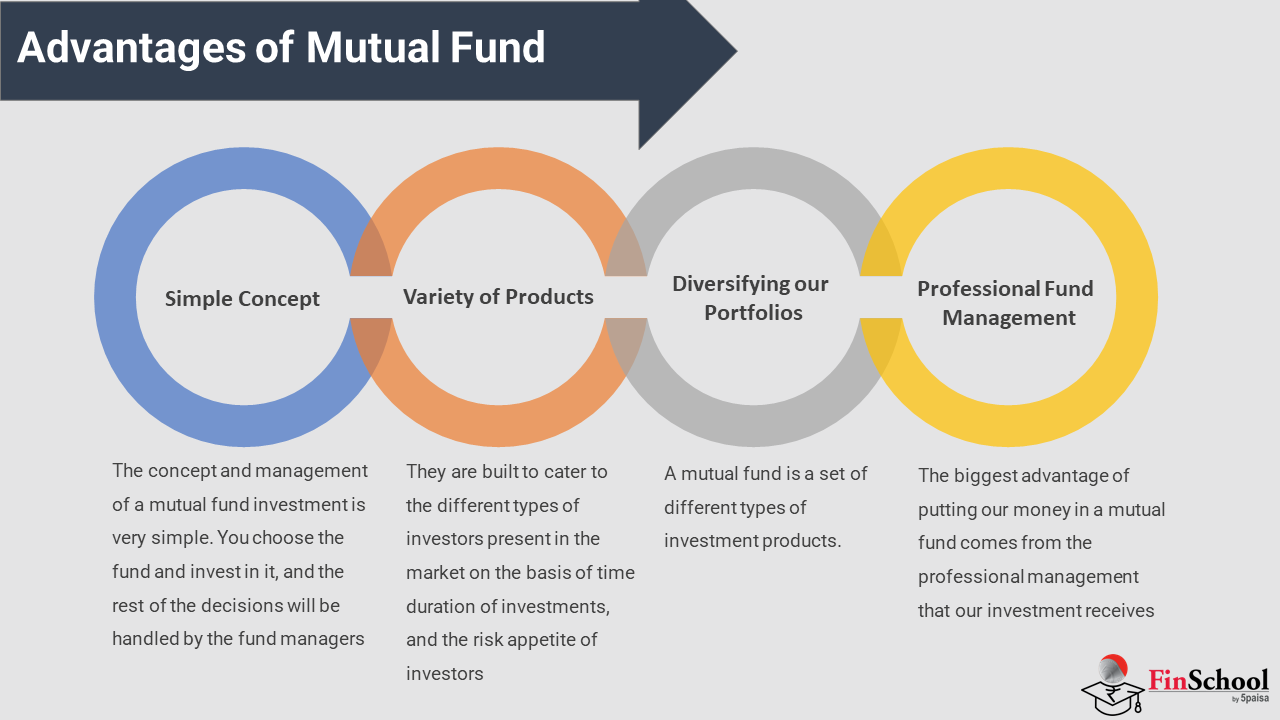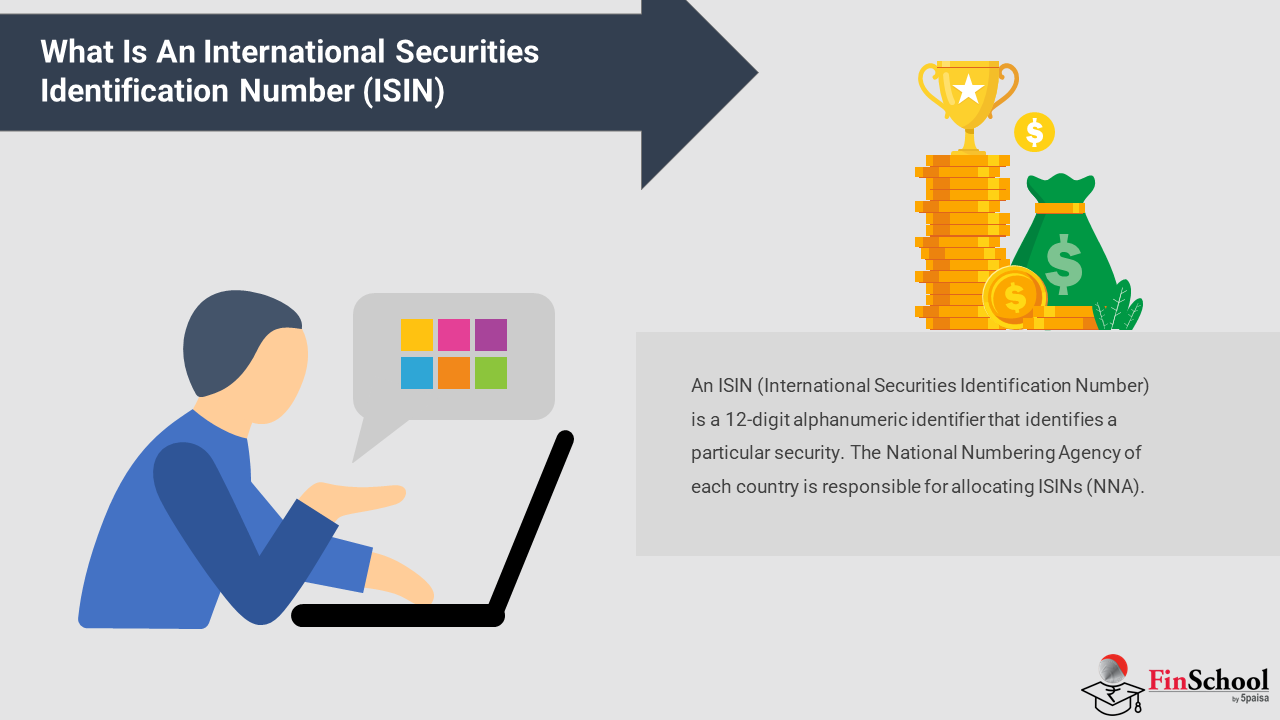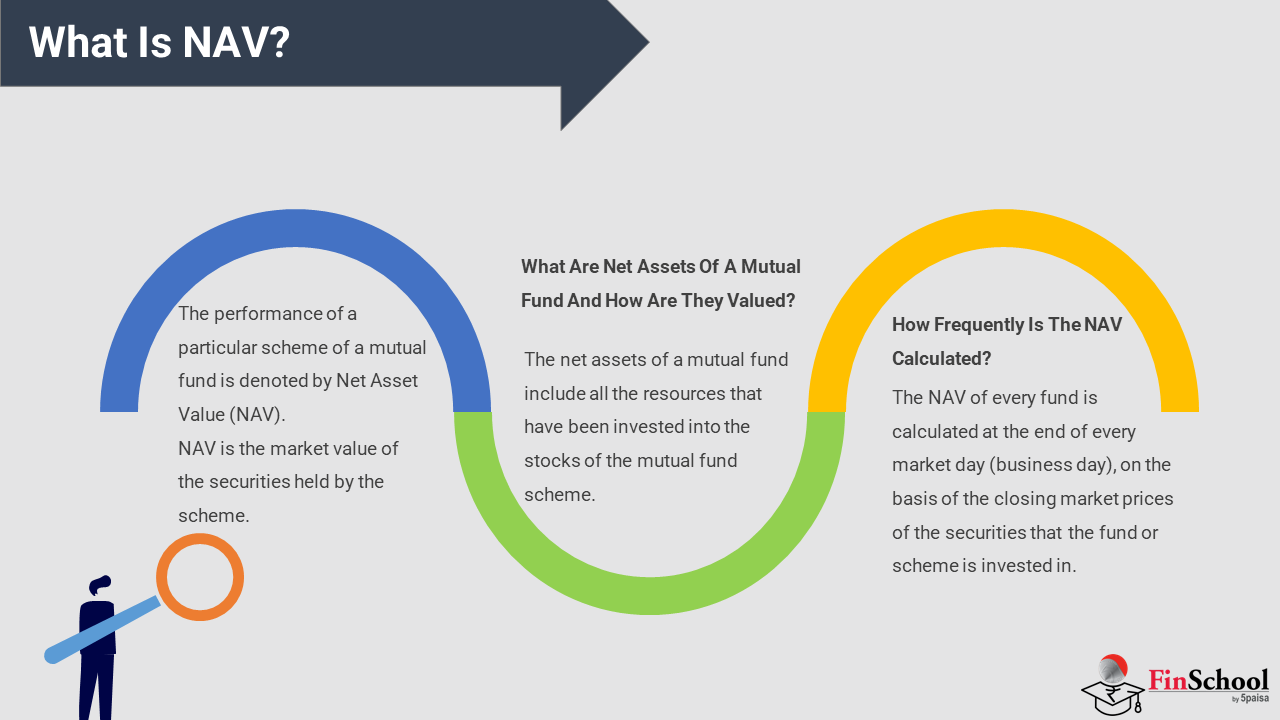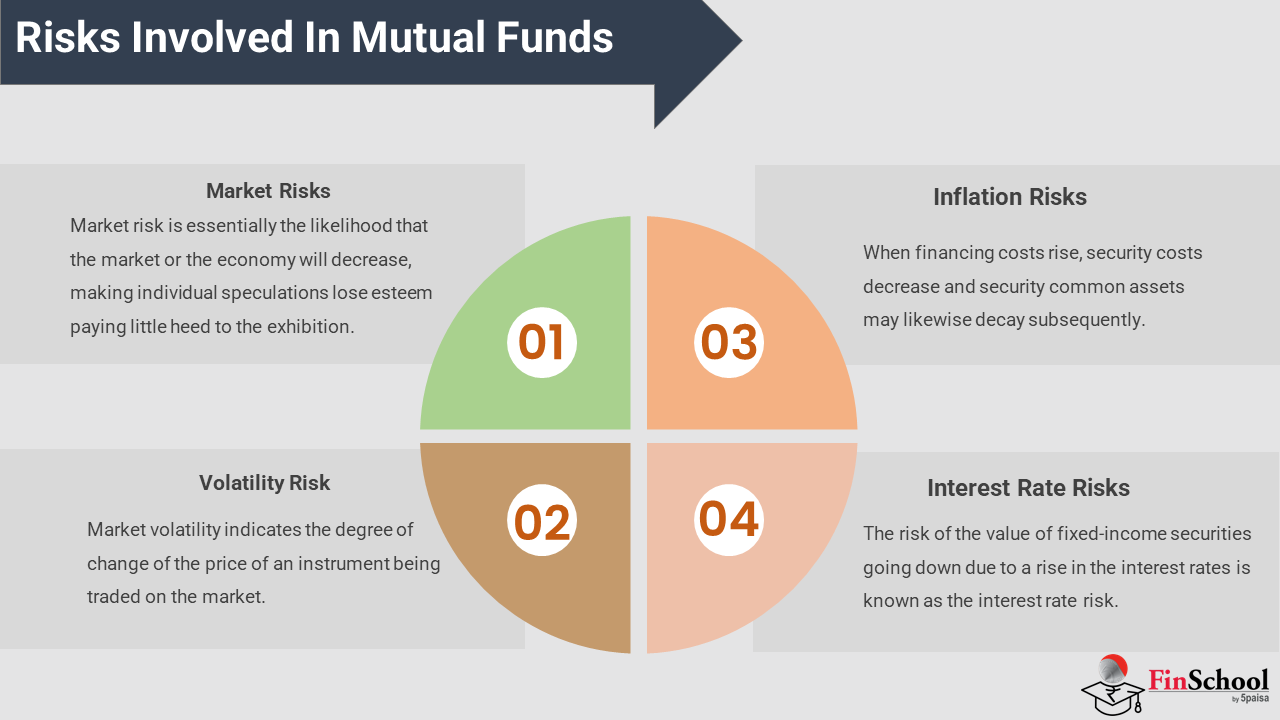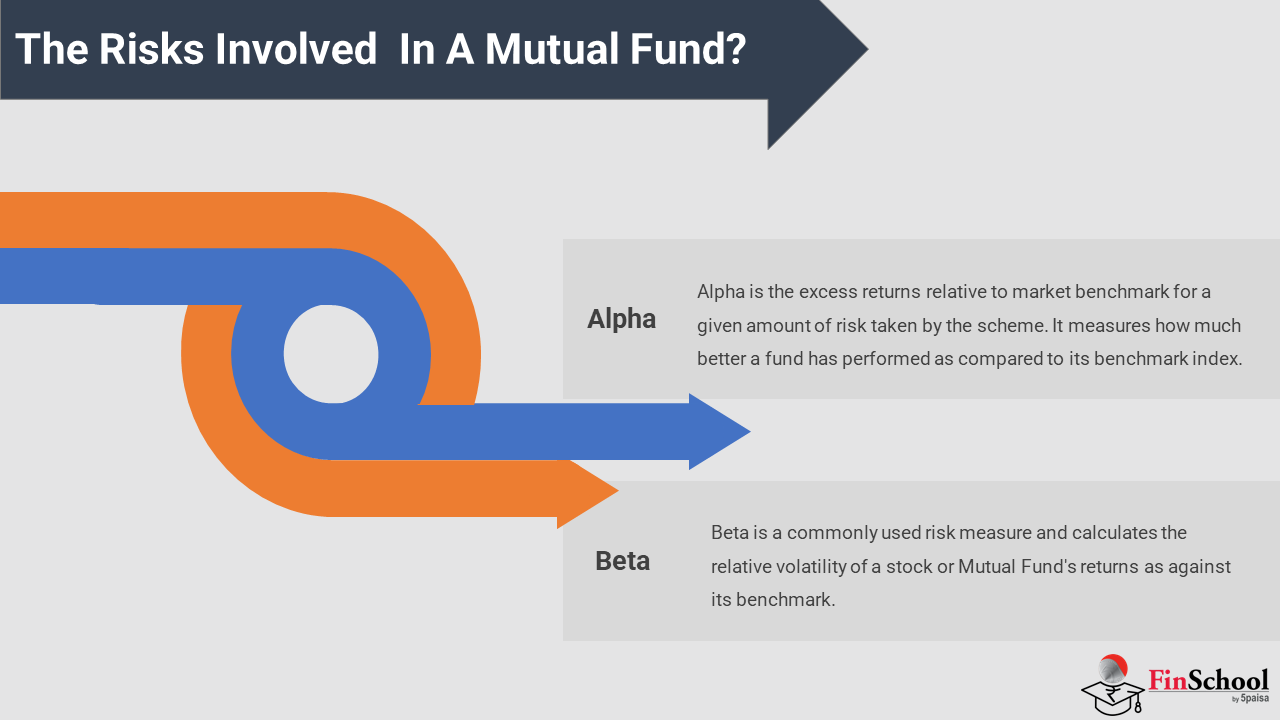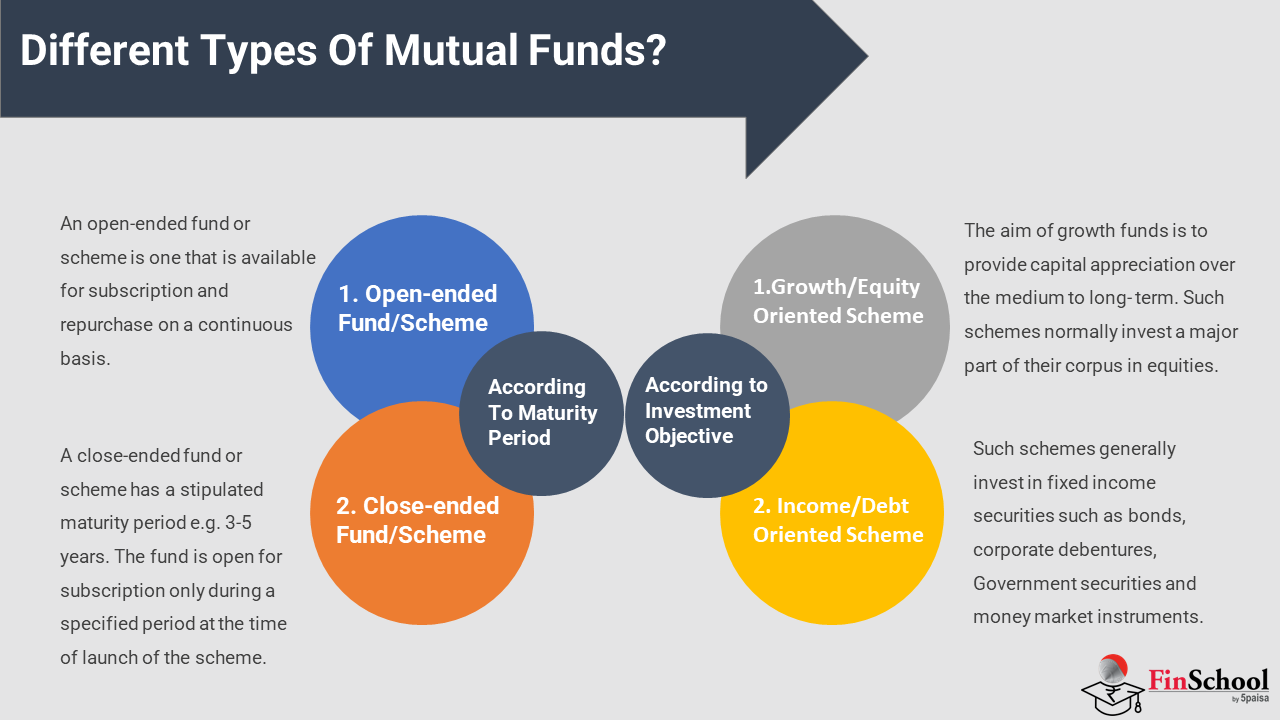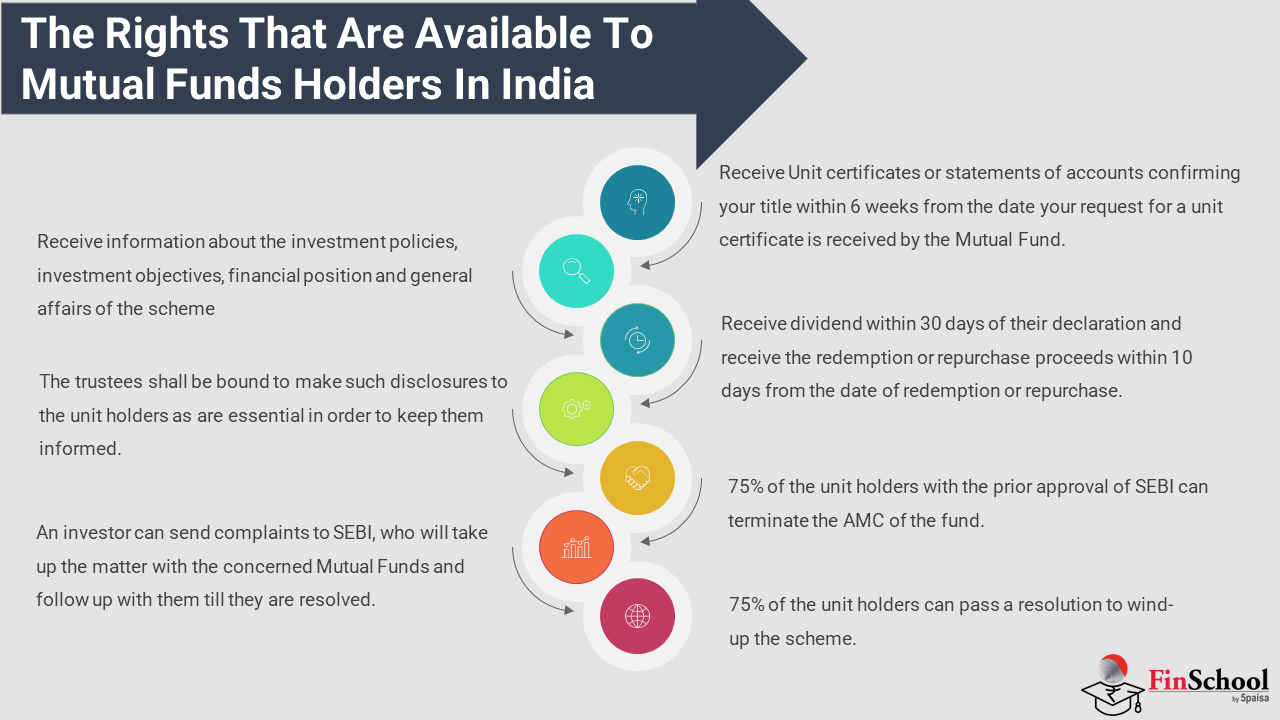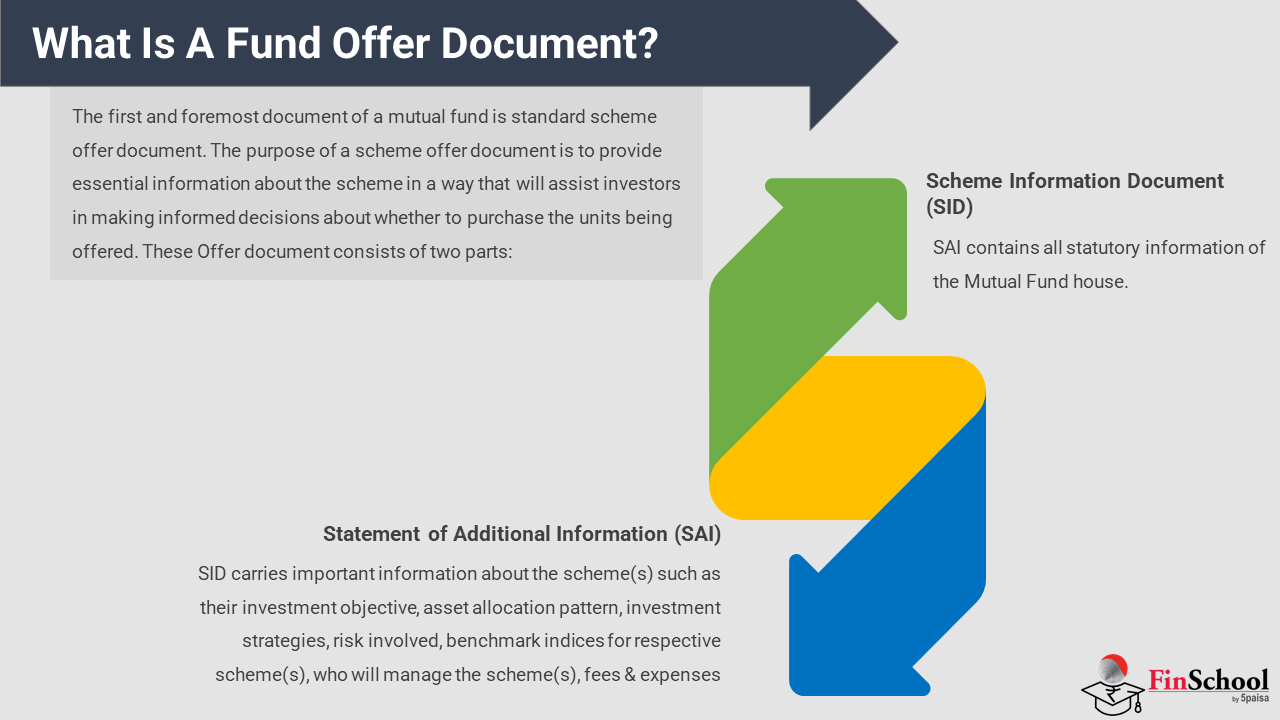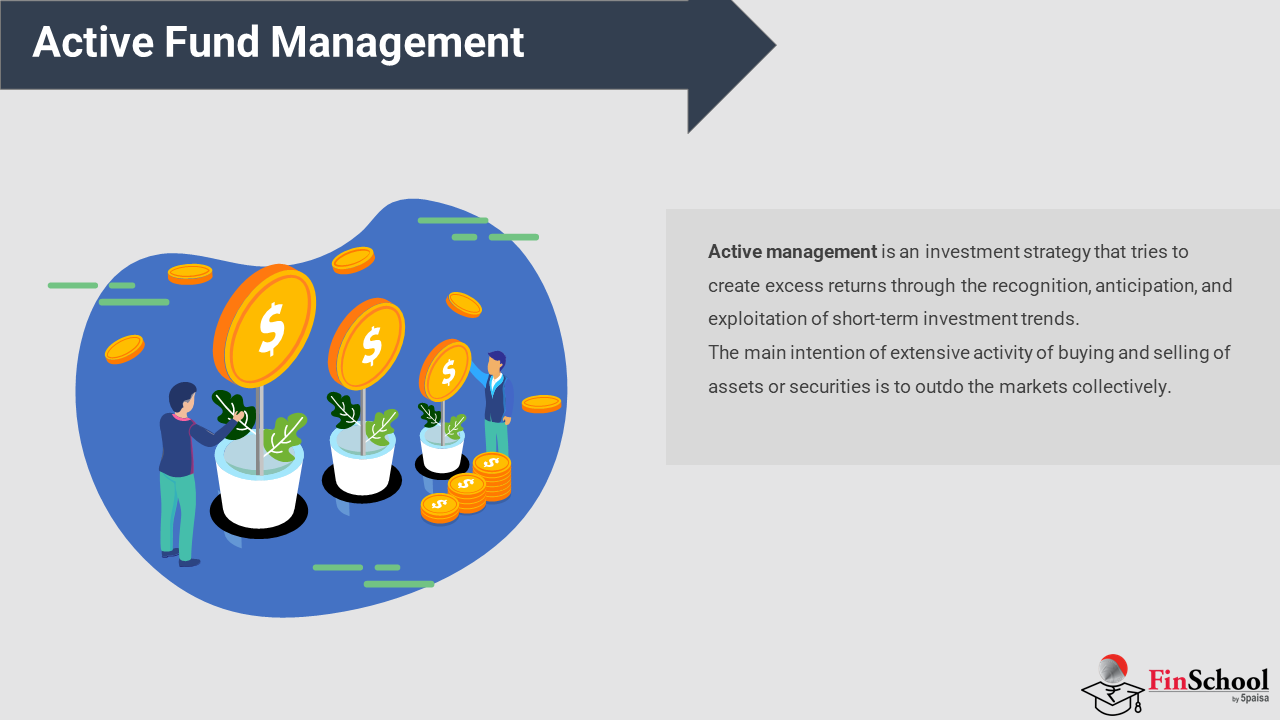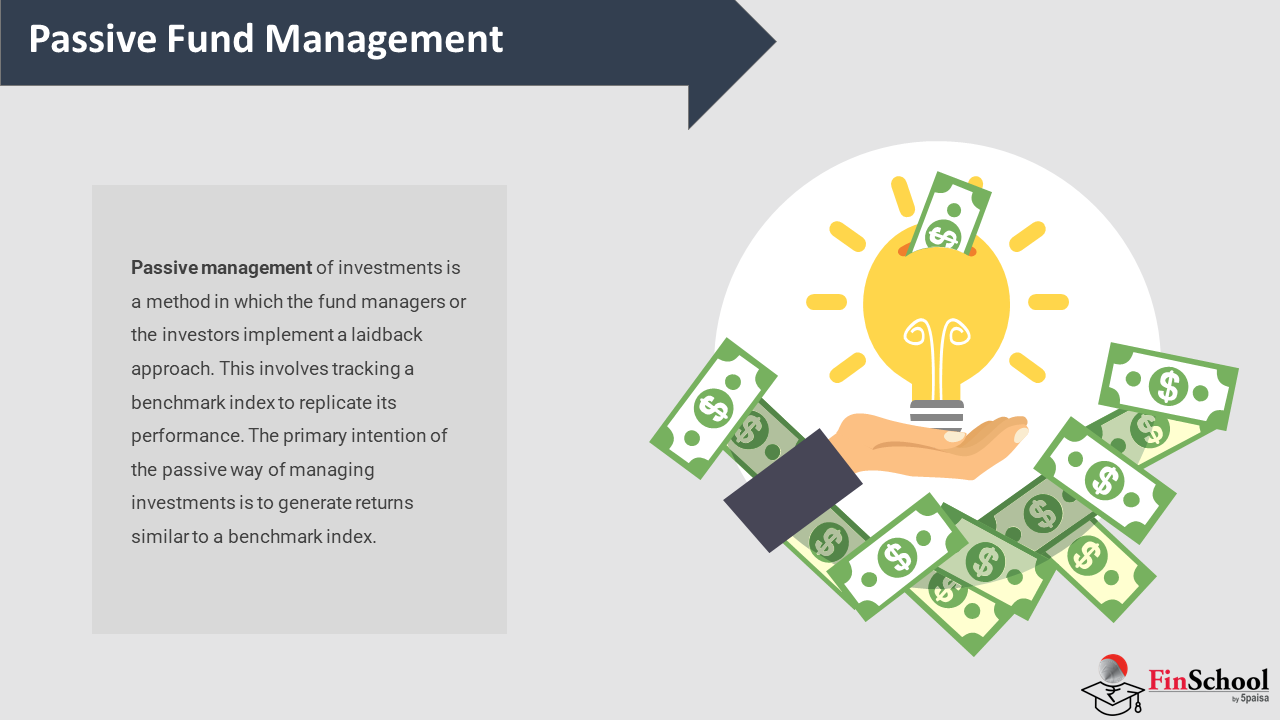- Study
- Slides
- Videos
1.1 What is Stock Market Operations??
Stock Market is a financial market where the shares of the public listed companies are traded. The primary market is a market where the companies raise capital with the help of Initial Public Offering (IPO). Once the securities are sold in the primary market, they are then traded in the secondary market. Here one investor buys shares from another investor at the prevailing market price or at whatever price both the buyer and seller agree.
Here one investor buys shares from another investor at the prevailing market price or at whatever price both the buyer and seller agree upon. The secondary market are regulated by regulatory authority. The secondary and primary markets in India are governed by the Securities and Exchange Board of India
A stock may be bought or sold only if it is listed on an exchange. It is the place where stock buyers and sellers meet each other. India’s premier stock exchanges are Bombay Stock exchange and the National Stock Exchange.
1.2 Why Does One Invest In Stock Market?
When the term stock market is used, there is a common misconception that stock market investing is like Gambling. And this could be the reason that only 3% population in India is actively investing in the stock market. Investing in Stock market could benefit the investor in following ways
- Inflation
Inflation is a situation where the prices are rising and the value of purchasing power of money is decreasing. For example if you want to purchase a car for 7 lakhs. And you have money in your savings account also. But you decide to buy the car next year and the amount lies in the savings account itself. Bank provides you 4% interest on saving account balance and at the end of the year the balance becomes 7.28 lakhs. Now next you visit happily to the showroom thinking to buy the car but then you realize that car price is now 7.50 lakhs. So you cannot buy the car as the car price has gone up than your expectations. This is exactly inflation. Here savings account rate of interest cannot beat inflation. So here one needs to invest money intelligently. Investors could choose high return investment instruments to cover up the additional requirement of money. Good company stocks provide consistent returns of 12-18% per annum. But it completely depends on the trader how much time and how much amount he is investing in stock market.
- Capital Growth
Stock market and Real estate beats all other forms of investment in India. Compared to bonds, silver, gold, insurance or fixed deposits, stock market returns are much higher than all of these.
- Makes Money work for you
Money is an important aspect for living a comfortable life. If one invests in good companies, the money will grow when the company prospers. In the meanwhile when
the money is growing by itself, the investor can focus on other primary jobs. In this way investor can make the money work for them.
- Investing is easier now
With online trading accounts, one can now easily invest in stock market and is very simple now. There are lot of leading online brokers who helps and guides for buying and selling of stock market. Or else one can do trading through smartphones. With the help of financial websites and apps, selecting of good stocks is also simpler.
- Tax Benefits from the Government
There are a number of tax benefits to investing in the stock market. The long-term capital gain tax is 10% for gains exceeding Rs 1 lakh. Still, this is better than the return of 6.5% from FDs, which is again taxable up to 10-30% depending on your tax slab.
- Alternate Source of Income
Multiple source of income in todays world is a necessity. Stock market could become a secondary source of income for those people who invest in it. Through value appreciation and dividends , one can steadily grow additional income.
- Power of Compounding through Long Term Investments
Stock market allows to take advantage of the compounding interest which grows wealth exponentially. Savings Bank account provides simple interest. The world’s greatest investor, Warren Buffett, is known to have had a compounded return of around 22% for the last 5 decades. Moreover, this compounded return for a long time has made him one of the richest men on earth. The power of compounding is one of the major reasons why people should invest in the stock market.
1.3 Evolution of Stock Markets
Stock markets initially used paper trade system wherein the brokers used to get records of the price and quantity at very inception and the matches were made manually. The markets used to get flooded with quotes and sound over assembly. The first stock exchange in India was established in 1875 in Bombay, Maharashtra, where the native share and stock broker’s association was formed to trade securities. By 1992, the BSE Sensex rallied from 1000 to 4000, registering a rise of 300% and that was due to big bull- Mr. Harshad Mehta. His buying led the market to touch highs and highs.
After the scam, the SEBI (Securities Board of India) was introduced to regulate the unrequired volatility in the stock market. In 2002 and 2003, the settlement period was revised to T+2 business days, and the BSE Sensex shifted to a free-float market. In 2004, the Indian National Congress came back in power, and people lost faith in the Government. The Sensex falling reflected it by 11.14%, the biggest fall ever. The NSE also launched the ETF listings.
After the market fall of 2008, the IPO index was launched. The market time changed from 9:00 AM to 3:30 PM. BSE achieved the landmark of the market capitalization of Rs 100 lakh crores in 2014, while the SME index crossed the Rs. 10 thousand crores mark. Post COVID-19 2020, the market flooded with loads of investment, and new DEMAT accounts were opened. The confidence of retail investors shifted from safe Harbour like fixed deposits to stock market investments.
1.4 How Does Stock Market Work?
Stock Market has two main exchanges i.e. National Stock Exchange (NSE) and the Bombay Stock Exchange (BSE). These are the two major institutions to carry out trading of stocks. Further, there exists two different markets which are the primary market and secondary market. The primary market is the one where a company lists their shares for the first time which is also called the Initial Public Offering (IPO). Whereas, the secondary market allows the purchase and sale of the shares listed under IPO.
In India, both the primary and secondary markets are regulated by the Securities and Exchange Board of India (SEBI). Constituted as an independent unit under the SEBI act, 1992, the statutory board retains the right to conduct periodical inspection of the stock exchanges.
1.5 Regulators
Regulators play a vital role in any system, and the stock market is no exception. In the stock market, the regulators safeguard investors’ interests and ensure fairness in the market. The Securities and Exchange Board of India (SEBI) acts as the regulator of the Indian stock market. In addition to preventing malpractices, the Securities and Exchange Board of India also attempts to educate investors regarding investments.
Stock exchanges
Stock exchanges are the platforms where stocks and other financial instruments, such as bonds, derivatives, etc., are traded. The main objectives of the stock exchanges are to facilitate transparency and equal access to investors across the country. India’s two key stock exchanges are the Bombay Stock Exchange (BSE) and National Stock Exchange (NSE). The stocks of all the listed companies in India are traded in either or both the stock exchanges. The stock exchanges used to have physical securities trading earlier, where buyers and sellers used to meet to trade the securities. However, this is not the case now. The stock exchanges adopted electronic trading, where computerized systems connect buyers and sellers located at different locations.
Stockbrokers
Stockbrokers in India are the intermediaries authorized to buy or sell financial securities on the stock exchange, on behalf of investors, in exchange for fees or commission. Full-service brokers can also help you make a wise investment decision by providing the necessary information.
Depositories
Like banks holding and safeguarding your cash, depositories are the entities that store and safely keep the stocks and other financial securities in non-paper form. They also play a vital role in transferring ownership to the stock buyers. In India, these tasks are performed by National Securities Depository Limited (NSDL) and Central Depository Services Limited (CDSL).


